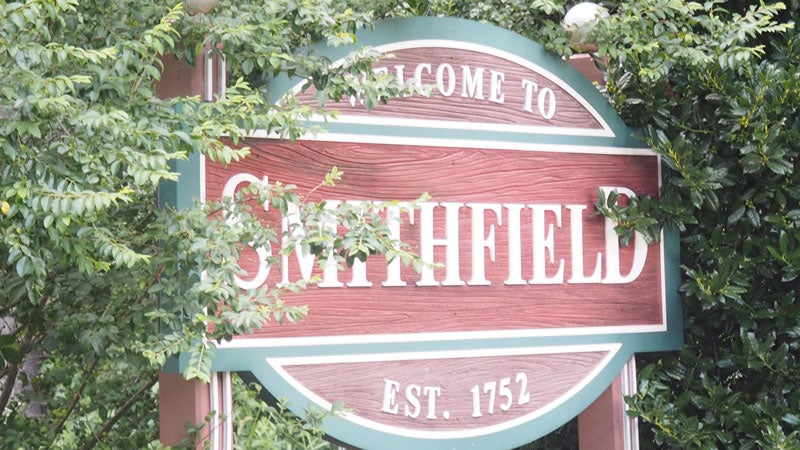Homeowner wants to offer Airbnb rooms
Published 3:34 pm Wednesday, February 10, 2016
By Diana McFarland
News editorTo save money while attending a conference, Sandra and Lee Hess rented a room in a house in Washington, D.C. through the website Airbnb.
The couple did it again for a trip to Richmond.
The experience was so rewarding, and the savings so significant, that the Hesses now want to become a host through Airbnb.
But the Hesses want to do it legally in Isle of Wight County and that’s where the problem arises.
The only ordinances governing bed and breakfast establishments are “oppressive” and “do not reflect the new sharing economy,” said Sandra Hess at a recent Board of Supervisors meeting. {mprestriction ids=”1,2,3,4,5,6″}
She pointed out that under the current ordinances, she would have to apply for a conditional use permit — at the cost of $1,350 with no guarantee of approval — as well as undergo health department inspections if she chose to serve breakfast.
Isle of Wight County spokesman Don Robertson said there’s nothing in the ordinance that prevents Hess from being an Airbnb host, but applauds her for wanting to do it legally through local ordinances.
The issue is that Airbnb does not fit the definition of a bed and breakfast, he said.
Most Airbnb hosts do not provide breakfast and most units are already existing rooms in the rented space.
At the same time, Smithfield town officials plan to work in tandem with the county to make sure the ordinances are consistent inside and outside town limits, said Town Manager Peter Stephenson.
Currently, there are two houses listed on Airbnb that are located in downtown Smithfield.
The cities of Roanoke and Charlottesville passed ordinances earlier this year to deal with the new Airbnb model.
In Charlottesville, hosts will have to obtain a business license and the city imposes an occupancy tax. There will also be a six-person limit and a person responsible for the property must be within 30 miles and reachable at all times.
Roanoke approved the creation of a special use permit for a “homestay” operation and caps the number of guests at four.
On its website, Airbnb offers advice and several protections for hosts, such as the Host Guarantee, which protects hosts up to $1 million for certain situations, but does not act as homeowners insurance.
There is a bill before the General Assembly this year dealing with operations such as Airbnb. House Bill 1268, which would establish the limited residential lodging and short-term rental lodging act, allows property owners to rent out their homes for periods of less than 30 consecutive days. It also requires the operator of the rental lodging to register with the Department of Taxation, among other requirements.
Ron Pack, co-owner of Smithfield Station, doesn’t view Airbnb as a threat to his business. He does want Airbnb and other short-term hosts to be subject to the same taxes and regulations as hotels. He also wants Airbnb hosts, at least in downtown Smithfield, to be able to offer off-street parking. {/mprestriction}





